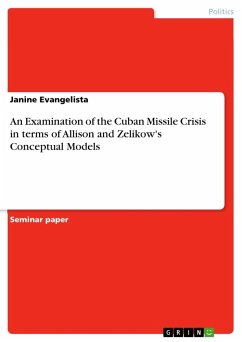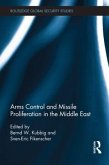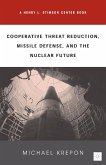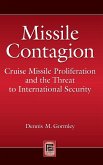Why adopt a poststructural lens for the reading of the military strategy of national missile defence (NMD)? No doubt, when contemplating an attack on US territory by intercontinental ballistic missiles, consulting Michel Foucault and critical international relations theory scholars may not seem the obvious route to take. The answer to this lies in another question: why has there been so much interest and continuous investment in NMD deployment when there is such ambiguity surrounding the status of threat to which it responds, controversy over its technological feasibility and concern about its cost? Posed in this manner, the question cannot be answered on its own terms - the terms given in official accounts of NMD that justify the system's significance on the basis of strategic feasibility studies and conventional threat predictions guided by worst-case scenarios. Instead, this book argues that the preferences leading to NMD deployment must be understood as satisfying requirements beyond strategic approaches and issues. In turning towards the interpretative modes of inquiry provided by critical social theory and poststructuralism, this book contests the conventional wisdom about NMD and suggests reading the strategy in terms of US identity. Presented as an analysis of discourses on threats to national security, around which the need for NMD deployment is predominantly framed, this book is an effort to let the two fields of critical international relations theory and US foreign policy speak directly to each other. It seeks to do so by showing how the concept of identity can be harnessed to an analysis of a contemporary military-strategic practice.
Bitte wählen Sie Ihr Anliegen aus.
Rechnungen
Retourenschein anfordern
Bestellstatus
Storno








